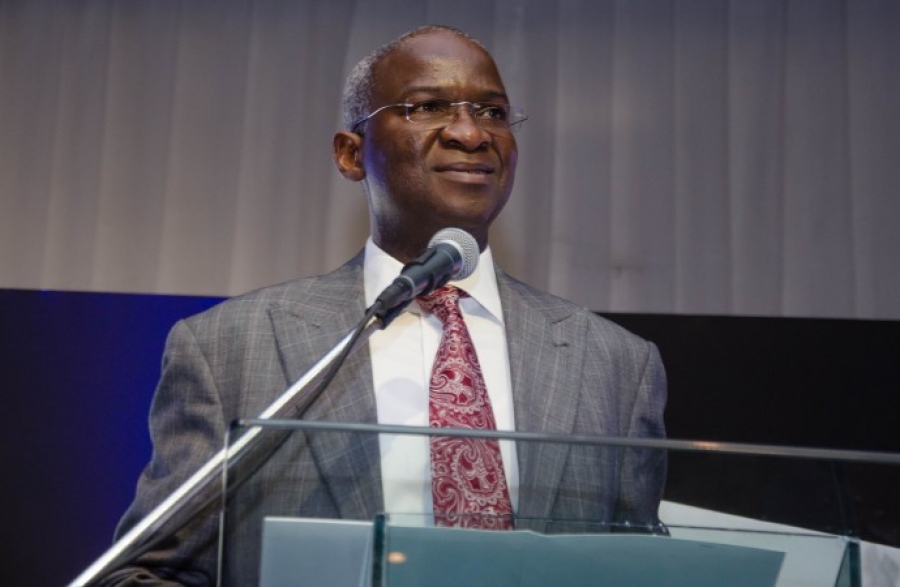- Electricity Problems Can’t be Solved by Magic – Fashola
The Minister of Power, Works and Housing, Mr Babatunde Fashola, has said electricity supply in the country is improving slowly and that power problems cannot be solved by magic.
Total power generation stood at 3,729 megawatts as of 6am on Wednesday, according to latest data obtained by our correspondent from the ministry.
Fashola, who spoke on Thursday at the inauguration of the 2x100MVA, 132/33kV power transformers at the Ejigbo Transmission Substation, Lagos, commended the Transmission Company of Nigeria for the ongoing projects across the country.
“We have come to hand over this expanded transmission substation, the Ejigbo Transmission Substation, to the Ikeja Electricity Distribution Company. This substation was built in 1970; the capacity was 60MVA then; except for the addition of another 60MVA, this community has grown exponentially; so they have exceeded the installed capacity here,” he stated.
The minister said President Muhammadu Buhari knew the substation required an expansion, adding that the capacity had been increased from 120MVA to 300MVA.
He stated, “Between that time and when President Buhari came three years ago, some people were there. But they will come back to you; so, when they come back, ask them if they didn’t know where to buy transformers.
“The problem of electricity is slowly being solved, one by one. Anybody will tell you he will do magic; tell him, ‘How?’ He should explain to you. We inherited 800 containers for power equipment left in the port for 10 years. President Buhari gave us approval, and we have recovered 690.”
According to Fashola, there are 90 transmission projects ongoing across the country, and some of the recovered of pieces equipment are being used for them.
“If you look at it, between 2015 and now, you ask yourself honestly: Are you spending more on diesel now or before? Are you running your generators for longer today or yesterday? So, are you seeing the power slowly staying longer? If you are truthful to yourself, you will know that it is better than yesterday. And we haven’t finished,” he said.
The Managing Director, TCN, Usman Mohammed, said the installation of the two units of 100MVA transformers at the Ejigbo Transmission Substation was funded by the World Bank through the firm’s project management unit.
He stated, “With the increase in the Ejigbo substation’s capacity, the TCN has substantially increased bulk electricity available in the substation for the Ikeja Electricity Distribution Company to take to its customers. Consequently, electricity consumers in Ejigbo, Egbe, Oke-Afa, Shasha, Ikotun, Ijegun, and Idimu town will now have improved power supply from Ikeja Electric.”
“Other benefits include relieve of some overloaded feeders in Egbe, Shasha and Oke-Afa. Also, the Lagos airport will now have more load allocated to it. Improved power supply in these areas will positively impact the socio-economic development of the areas in particular and the economy at large.”

 Billionaire Watch3 weeks ago
Billionaire Watch3 weeks ago
 Startups4 weeks ago
Startups4 weeks ago
 News4 weeks ago
News4 weeks ago
 News4 weeks ago
News4 weeks ago
 Bitcoin4 weeks ago
Bitcoin4 weeks ago
 Naira4 weeks ago
Naira4 weeks ago
 Forex3 weeks ago
Forex3 weeks ago
 Treasury Bills4 weeks ago
Treasury Bills4 weeks ago

























